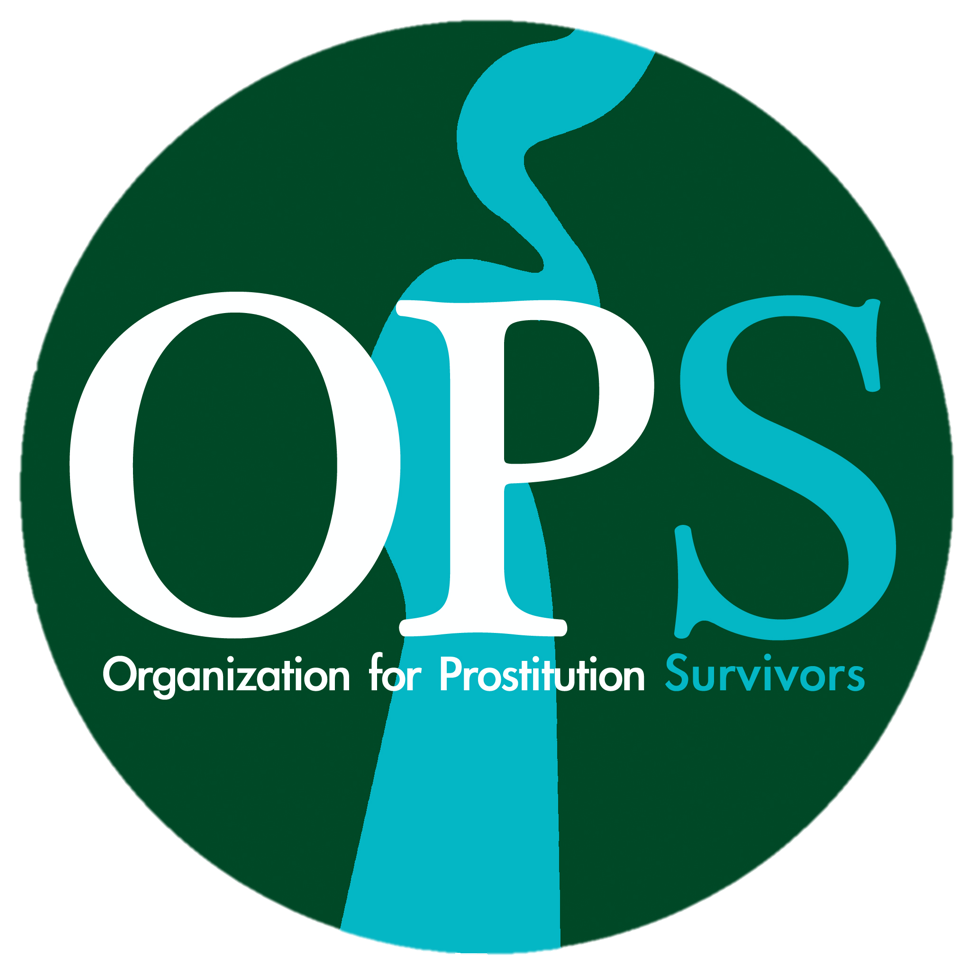Meditation and Mental Health: A Healing Practice for Survivors
Let's explore the healing power of mindful deep breathing, especially for those who have experienced trauma from the world of CSE (commercial sexual exploitation).
Meditation can serve as a nurturing practice for trauma survivors, offering a safe space to navigate and release stored tension, fear, and pain. Engaging in regular meditation can gradually empower individuals to gain a sense of control, lower the intensity of trauma-related symptoms, and foster healing and personal growth.
So, how does meditation work for trauma?
Whether someone has experienced CSE or ongoing instances of trauma, the toll on mental health can be significant, potentially leading to post-traumatic stress disorder (PTSD). Meditation can benefit anyone who has experienced trauma, offering the opportunity to observe thoughts and sensations without judgment or reactivity. This practice can help lessen the distress associated with traumatic memories and create a safe environment for releasing stored tension and pain. It's important to note that while meditation can be a valuable tool for dealing with trauma, it is not a substitute for trauma-informed therapy.
Meditation's impact on mental health
Alongside trauma and PTSD, meditation can also benefit individuals grappling with various mental health conditions. This practice, when used in conjunction with therapy and medication as needed, can positively influence:
Anxiety disorders: Meditation can aid in reducing anxiety symptoms by promoting relaxation, mitigating stress, and enhancing mindfulness, empowering individuals to better manage anxious thoughts and emotions.
Depression: Meditation has the potential to alleviate symptoms of depression by fostering a more positive outlook, reducing rumination, and increasing self-awareness and self-compassion.
Attention deficit hyperactivity disorder (ADHD): Meditation practices focused on improving focus, attention, and self-regulation can benefit individuals with ADHD by aiding in the management of impulsivity, enhancing cognitive functioning, and reducing distractibility.
Substance use disorders: Meditation can support recovery from substance use disorders by lessening cravings, fostering self-awareness of triggers and urges, and providing a healthy coping mechanism for stress and emotional difficulties.
Sleep disorders: Meditation can enhance sleep quality and reduce insomnia by promoting relaxation, lessening anxiety, and calming the mind before bedtime.
It’s crucial to highlight that while meditation can complement mental health treatment, it is not a replacement for professional care. Consulting with a mental health professional is essential for a comprehensive assessment and the creation of an appropriate treatment plan.
Breathing practices for resilience
During traumatic situations, individuals may develop unhealthy breathing habits, impacting their well-being. Mindful deep breathing, commonly known as box breathing, can be a powerful tool for maintaining emotional balance. To enhance the effectiveness of your box breathing, consider the following strategies:
Try diaphragmatic deep breathing, which allows more oxygen to penetrate your lungs. By breathing deeply and expanding your abdomen when inhaling and contracting it when exhaling, you can optimize your breathing for greater well-being.
Find a comfortable position that supports good posture and enables deep breathing. Whether sitting in a comfortable chair with a sturdy back or lying flat on your back, ensure that your position allows for deep, nourishing breaths.
Harness the calming power of visualization. Envision a peaceful and tranquil place, whether real or imaginary, ensuring safety and calm. Engaging in this mental exercise can help slow down the brain, calming anxious thoughts.
Remember that mastering box breathing takes practice, and it's okay to feel discomfort initially. Dedication and consistency in this practice can lead to improved results and a sense of progress over time.
We invite you to save this post for a quick reminder and share it with those who may benefit from these resilience-building practices.
Additionally, consider joining our Movement & Mindfulness group, held every Tuesday from 1-2 pm, for more helpful strategies that promote healing and well-being.
Remember, you are deserving of healing, and we are here to support you every step of the way. Your well-being matters.

